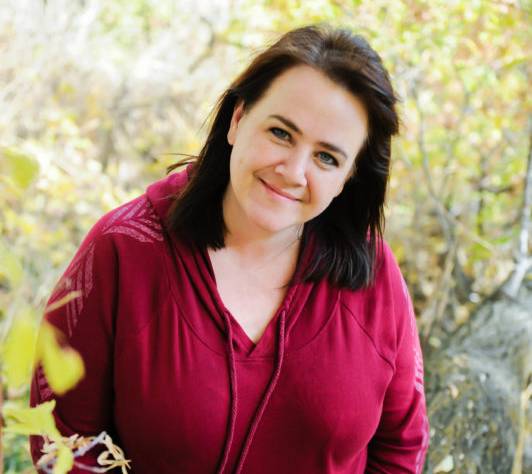The purpose of writing is to create a tangible product—book, an essay, a short story or poem. But why do it? The process can be exhausting, difficult, lonely and frustrating. All for what? Publication? Awards? Recognition?
For myself, I often think of my writing goals as distant cities and cultures I want to visit. I choose a destination and begin the journey. Arriving at my destination is reaching my goal. Once I am there, I can stamp my passport and then what? If all that mattered was getting my passport stamped so I could prove that I was a world traveler I would have entirely missed the point of traveling the world. It used to take people a long time to get from one place to another. Time to grow, to be changed by the experience of traveling from one place to another. But today we can zip along at shocking speed, arriving without the interim of journeying. In a matter of hours we can be sipping tea at a cafe across the world. The value of the journey itself has largely been lost. The journey is the destination is only a cliché because there is profound truth in it and because there is a need to be reminded of that truth.
In writing there is no such technology that allows us to so quickly create books. All writers must undertake the journey of the process, though some of us have cultivated better tools and are more experienced than others. Developing your tools, learning your modes of conveyance and defining your needs for that journey can make a huge difference in what you create in the end and the experience of writing itself.
I had been writing for some time before I really began to notice the particulars of my personal process. I had always just ignored what happened instinctively and what I had learned during the writing process because I was fixated on finishing the product. But I began asking myself a few questions.
What motivated me to begin a project?
How long did I need to let the idea germinate before I put pen to paper?
What did the creative zone feel like? How long did it last?
How did I manage the voice of the critic?
What kept me going when I was getting discouraged?
What tools helped me when I felt stuck?
How much time did I need to think versus write?
It seemed at first to me, that it was a waste of time to consider my own process, a distraction from the producing. But as I was encouraged to examine my process, pay attention to the experience of the journey, I developed a respect for my craft, and even found that most of the pleasure of writing was in the journey and not at the destination. In fact, the more I enjoyed the process the more satisfying the end result became. But if hated every step of the journey, always wishing I was there, instead of here, the destination itself was unable to compensate for all my misery.
If I focused on the act of writing itself, I found it to be creatively gratifying and deeply fulfilling. And when I shifted my attention away from my process, I became mired in overwhelm, judgement and fear. I learned that my process was always more valuable to me than the product. The product was finite, the process, on the other hand, was infinite.
The creative spirit inhabits the process and the more awareness we bring to the process the more soul our work will have. It is that creative spirit, that soul, that elevates a work of art from the mundane to the exemplary.

